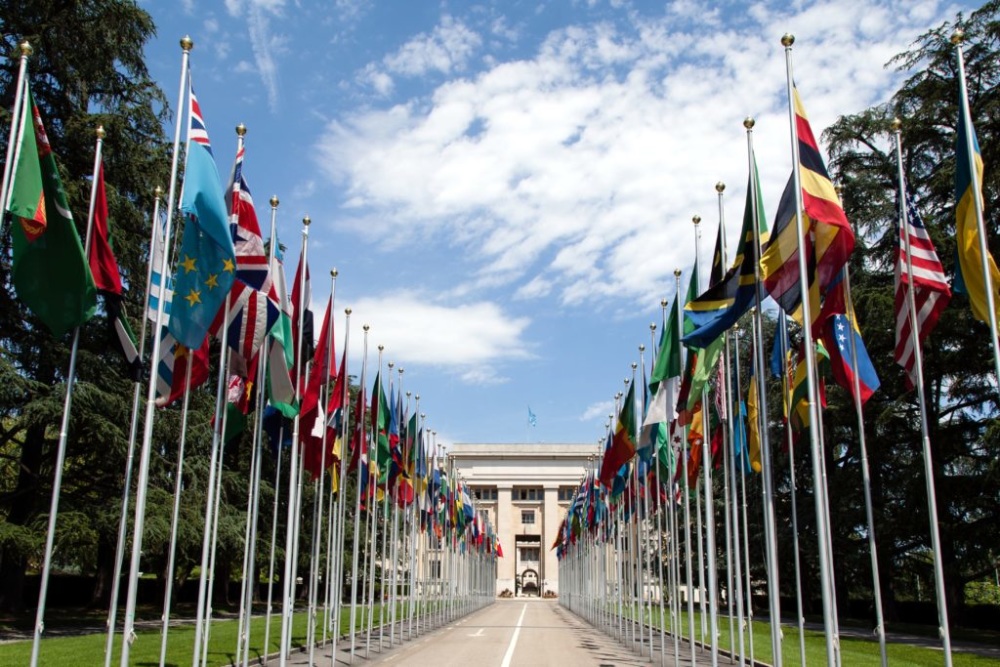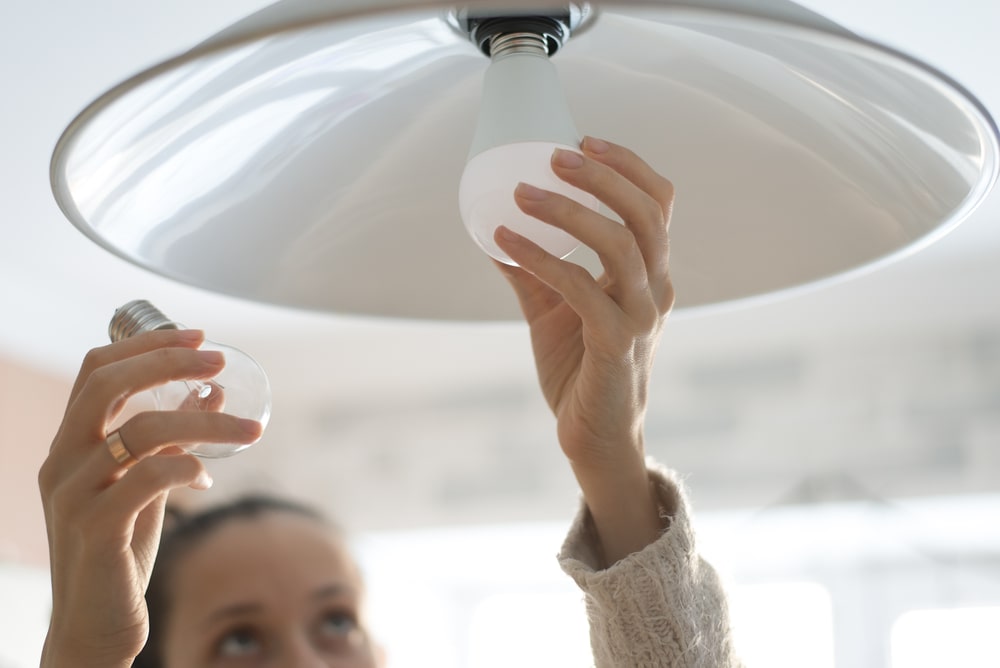New Report Reveals Shortage of Appliance Efficiency Policies in NDCs
Despite its massive climate mitigation potential, appliance efficiency is often left out of nationally determined contributions to the Paris Agreement, CLASP analysis shows.
Nationally determined contributions (NDCs) lie at the heart of the Paris Agreement, guiding the actions of governments around the globe. One climate solution that’s often missing from these plans is appliance efficiency, which is critical to lowering global energy demand and emissions. New CLASP analysis reveals that only 47% of NDCs mention appliances, while a mere 25% reference key policies such as Minimum Energy Performance Standards (MEPS) and appliance labeling. Although these numbers have risen slightly since CLASP explored this topic in 2022, the low percentages serve as an important reminder that much more could be done to prioritize appliances as a winning mitigation solution.
This report comes at a critical moment, as the global community considers opportunities to dramatically increase climate action in the wake of the recent Global Stocktake (GST). A key deliverable of COP28, the GST determined that the world is not on track to limit global warming to 1.5 degrees Celsius and that countries need to rethink their climate policies to align with net zero targets. This finding will influence discussions at COP28, where nations will share ideas and best practices for ramping up their climate initiatives in response to the GST.
The appliance sector, which accounts for 35% of global energy demand and 39% of global energy-related CO2 emissions, should play a major role in this effort. But although appliance efficiency policies are a proven, scalable, and cost-effective climate solution, they don’t always receive the attention they deserve.
To realize the enormous potential of appliance efficiency, CLASP urges governments to take action on two fronts:
- Incorporate ambitious appliance targets into 2025 NDC revisions: Develop ambitious efficiency targets for high-energy-consuming appliances, ensuring that these targets align with midcentury net zero goals.
- Establish or expand national appliance efficiency programs: Develop the infrastructure needed to implement and enforce policies that boost appliance efficiency, cut energy bills, and enhance product affordability.
As the window to achieving 1.5 degrees Celsius narrows, countries must step up their climate commitments — and be extremely clear about how they will achieve them. A renewed focus on appliance efficiency in NDCs can pave the way for achieving the global objectives of the Paris Agreement, bringing us closer to a more sustainable world.









